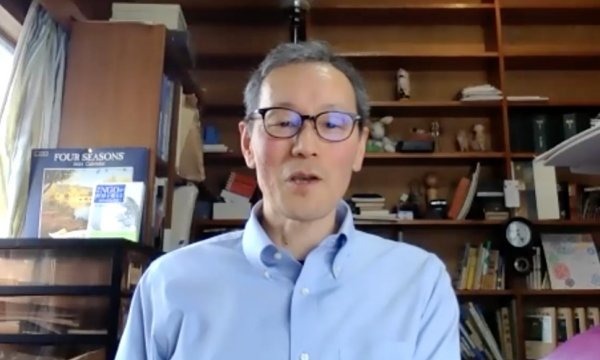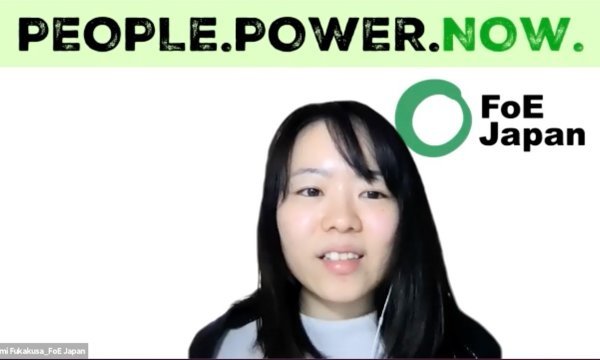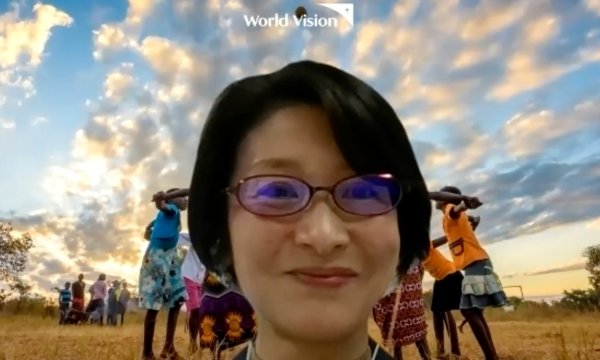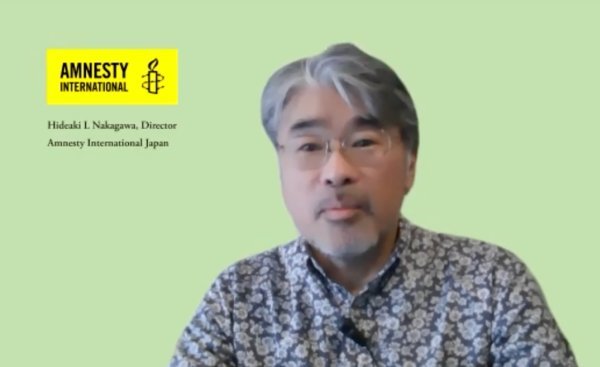NEWS
Global Civil Society Series - Nuclear Disarmament and Sustainable Peace
Update: January 22, 2021
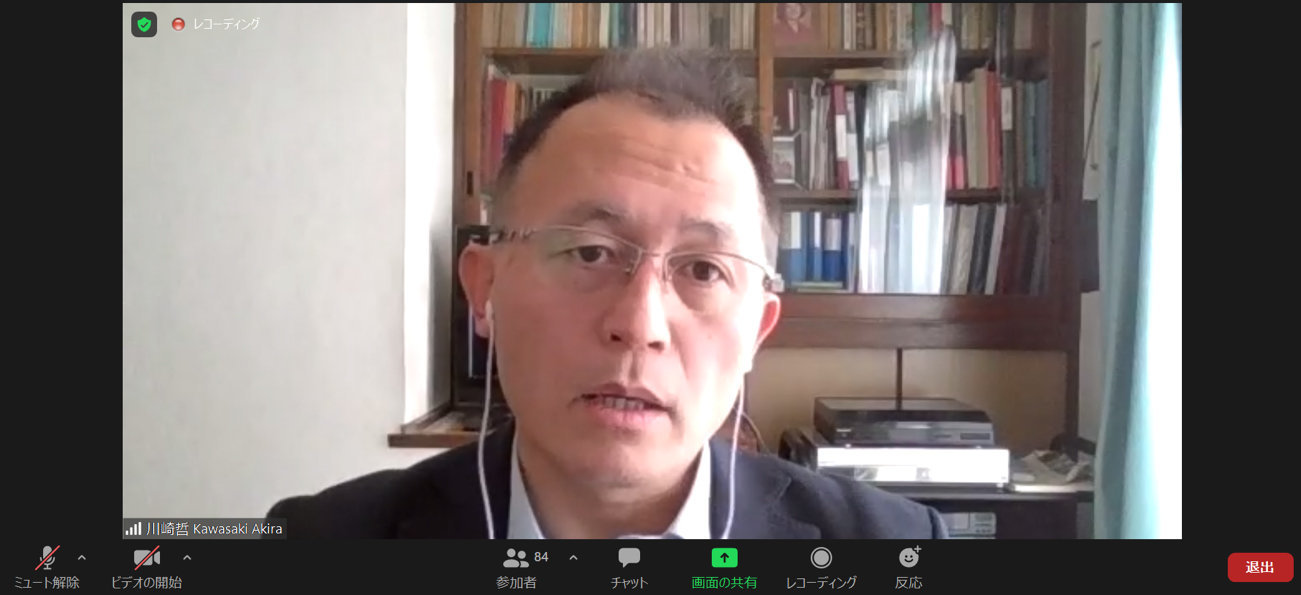 Mr. Akira Kawasaki, guest speaker
Mr. Akira Kawasaki, guest speakerYear 2020 marked the 75th anniversary of the atomic bombings of Hiroshima and Nagasaki, and is the start of the decade of action to achieve the UN Sustainable Development Goals (SDGs) in 2030. Moreover, the Treaty on the Prohibition of Nuclear Weapons (TPNW) came into effect in January 2021.
The Global Civil Society course (Prof. Katsuhiko Mori; International Relations) of the College of Liberal Arts invites changemakers at the forefront of international NGOs working especially toward nuclear disarmament and realizing SDGs as guest lecturers under the theme "Where is global civil society headed?".
The first open lecture, held on December 11, 2020, featured Mr. Akira Kawasaki, Peace Boat executive committee member, and International Steering Group member of International Campaign to Abolish Nuclear Weapons (ICAN), who spoke on the theme of "The beginning of the end of nuclear weapons - towards sustainable peace" and was attended by about 90 students.
The lecture started with powerful words from Mr. Kawasaki stating, "We can eliminate nuclear weapons." As Ms. Setsuko Thurlow, hibakusha (survivor of the atomic bombing), said at the time of the adoption of the TPNW, "This truly marks the beginning of the end of nuclear weapons." He went on to explain ICAN's role in the treaty coming into effect in January 2021 and the expectations towards the first meeting of the Conference of the Parties. The lecture touched on the points of "we should open a non-nuclear umbrella, not a nuclear umbrella," "society has changed along with the norms," and "there should be fresh deliberations on the relationship between SDGs and disarmament."
The lecture ended with the messages "While there are various threats to our lives such as climate change and pandemics, one such threat, nuclear weapons, is something that was made by humans; made just 75 years ago, but we can eliminate them if we want to," and "You are the last generation who can hear the voice of hibakusha. Please do listen to what they have to say."
Students raised questions such as "Why is there a recent trend of divestments in companies manufacturing nuclear weapons?" and "Isn't the TPNW creating a division between nuclear powers and non-nuclear nations?" and led to discussions including "Nuclear weapons became a target of the humanitarian disarmament movement" and that "Divisions were created rather by the Treaty on the Non-Proliferation of Nuclear Weapons."
Comments from the students who participated in the lecture:
- It is a high-profile topic as the TPNW is coming into effect soon, and it is also a theme in which I am also very much interested. It was an easy-to-understand lecture, which explained the activities of ICAN and the debates regarding the treaty and nuclear deterrence in plain language. I would like to proactively disseminate the information using the materials introduced in the lecture to people around me and arouse their interest.
- With the international community facing security issues related to nuclear weapons such as the rise of North Korea, friction between the United States and China, and the new START negotiations between the Unites States and Russia, I was greatly impressed by Mr. Kawasaki's remarks at the beginning of the lecture when he said, "We can eliminate nuclear weapons." The lecture incorporated diverse perspectives such as the legal aspects, trends in international society, voices of hibakusha, activities of civil society groups, and ideas from Mr. Kawasaki's own experience in its approach toward abolition of nuclear weapons, and I learned and absorbed so much. In the Q&A session, students raised questions based on critical thinking, typical to ICU, and I was able to obtain new concepts also from fellow ICU students in the lecture.

